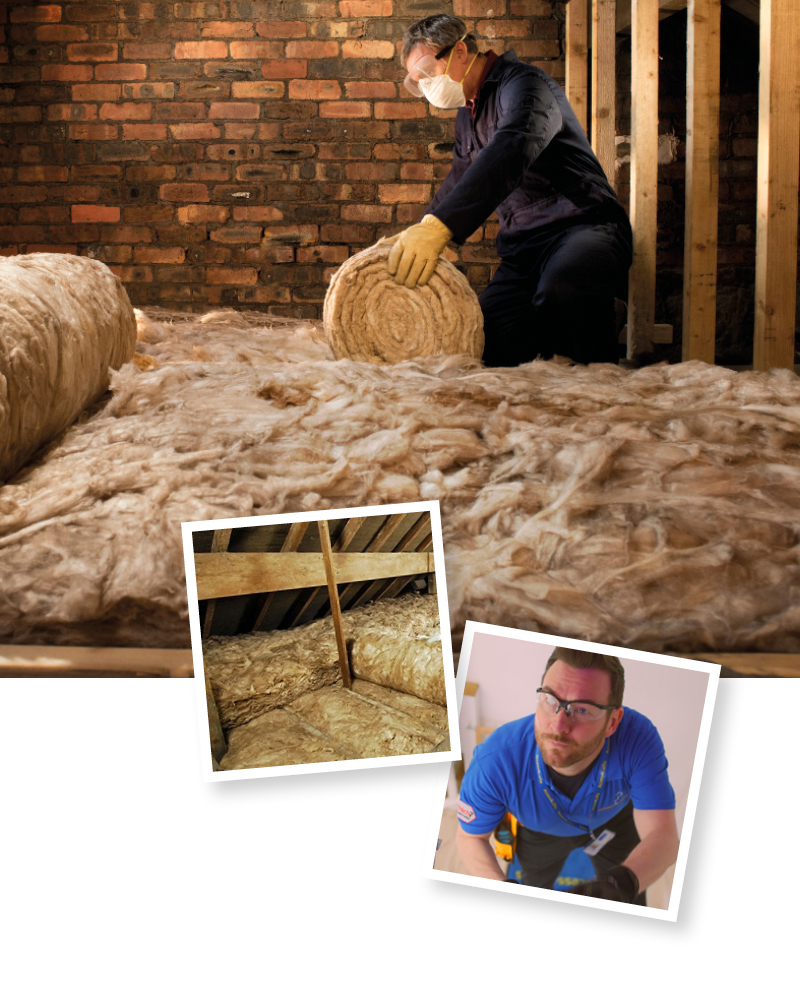Reading
LOFT HATCHES, LOFT LADDERS, BOARDING, LIGHTING AND INSULATION SUPPLY AND INSTALLATION
Loft Insulation
Before we delve into the benefits of hiring Access4Lofts to insulate your loft, let’s understand why loft insulation is crucial for any home. Heat rises, and without proper insulation, your precious warmth can escape through the roof. This leads to energy wastage and higher utility bills. Something that all of us are concerned about. But worry not! Loft insulation acts as a barrier, preventing heat from escaping and keeping your home snug and toasty.
WHY CHOOSE A SPECIALIST INSTALLER
Now, you might be thinking, “Can’t I just insulate my loft myself?” Well, of course whilst DIY projects can be cost-effective, loft insulation is a specialised task that requires expertise. Here’s why you should consider a specialist:
- Professional Know-How
Specialist loft insulation installers are trained and experienced in the art of insulation. They know the ins and outs of various insulation materials and can recommend the best solution for your specific needs. - Energy Efficiency
A specialist installer understands the importance of energy efficiency. They’ll ensure that your insulation is installed correctly, minimising heat loss and maximising your energy savings. - Quality Materials
Specialists have access to high-quality insulation materials that may not be readily available to the average DIY enthusiast. This ensures that your insulation will last for years and provide maximum comfort. - Safety First
Insulating an attic can be a tricky and potentially hazardous task, especially if you’re not familiar with it. Specialists have the necessary safety equipment and protocols to carry out the job safely. - Regulatory Compliance
Loft insulation must meet certain building codes and regulations. A specialist installer will ensure that your insulation project complies with all the necessary standards.
Whoever you choose to insulate your loft, remember our 5 top tips for picking the right installer:
- Experience
Look for installers with a proven track record and years of experience in the industry. - Insurance
Verify that the installer has liability insurance to cover any potential accidents or damage during the project. - Certifications
Check for certifications and accreditations from industry organisations. It’s a sign of professionalism. - Written Estimate
Get a detailed written estimate that includes all costs, materials, and timelines. - Warranty
Ensure that the installer provides a warranty for their work. This guarantees peace of mind.
